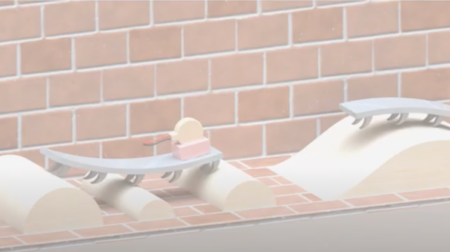A study led by University of West of Scotland (UWS) aims to build advanced sensors for use in robotic systems, which could transform prosthetics and robotic limbs.
The study was established to develop sensors which provide enhanced capabilities to robots, including improved dexterity and motor skills, by using pressure sensors that offer haptic feedback and distributed touch.
The project was also supported by material supplier Integrated Graphene Ltd, the Scottish Research Partnership in Engineering and the National Manufacturing Institute for Scotland Industry Doctorate Programme in advanced manufacturing.
Professor Des Gibson, director of the Institute of Thin Films, Sensors and Imaging at UWS and project principal investigator, said: “Over recent years the advancements in the robotics industry have been remarkable, however, due to a lack of sensory capabilities, robotic systems often fail to execute certain tasks easily.
“For robots to reach their full potential, accurate pressure sensors, capable of providing greater tactile ability, are required.
“Our collaboration with Integrated Graphene Ltd, has led to the development of advanced pressure sensor technology, which could help transform robotic systems.”
The sensors used for the study were made from 3D graphene foam, which reportedly has certain abilities when put under mechanical stress. The devices are designed using a piezoresistive approach, meaning their electrical resistance should change in response to pressure, allowing them to adapt to differences in stimulation.
The next stage of the project will reportedly look at advancing the sensors’ sensitivity, before exploring their wider industry use.








